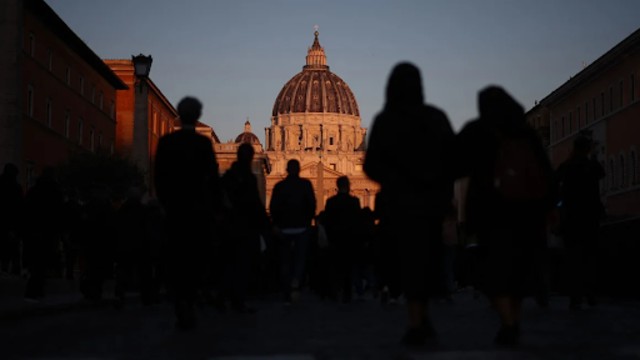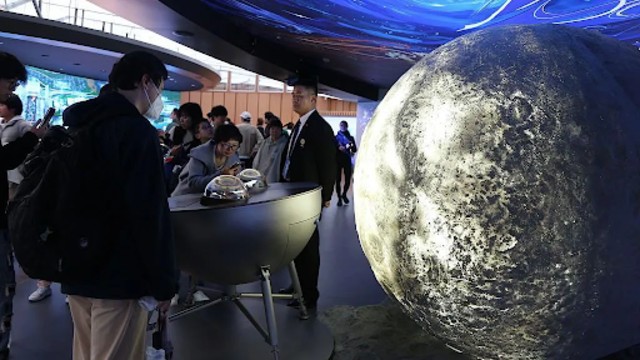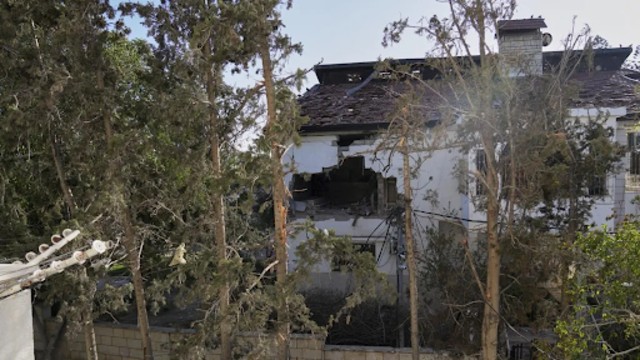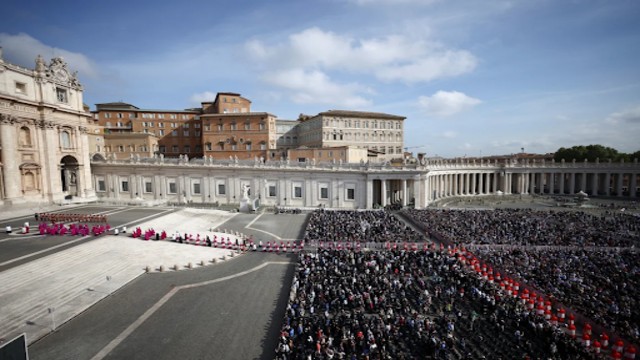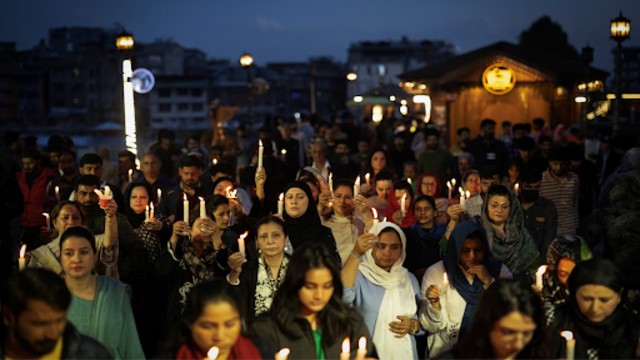
Maori boy
In a bold move, Ngarauru Mako replaced Christmas with Matariki, the Māori new year holiday experiencing a revival in New Zealand. Mako, a proud Māori, found Christmas traditions didn’t resonate, prompting her to embrace Matariki's cultural significance instead.
Matariki, now a national holiday in its third year, honors the rise of the Pleiades star cluster. Despite political tensions over Māori identity, more New Zealanders are embracing Indigenous language and culture. The holiday's growth reflects a broader shift in national identity towards acknowledging Māori traditions alongside European influences.
Professor Rangi Mātāmua from Massey University notes New Zealand’s evolving sense of identity, moving beyond its colonial past to embrace Māori heritage. Initially unfamiliar to many, Matariki has gained popularity, with over half the population now participating in its celebrations annually.
Once a neglected tradition, Matariki’s resurgence parallels a broader revival of Māori language and customs. Poropiti Rangitaawa, a musician, celebrates this resurgence, noting how Māori culture, once suppressed, is now thriving due to community efforts and ancestral pride.
Across New Zealand, Matariki is marked with diverse events. From predawn rituals feeding the stars with food steam to solemn remembrance ceremonies honoring departed loved ones, the holiday fosters cultural connections and communal spirit.
Education plays a vital role as elementary schools introduce Matariki, teaching children about its significance and the nine stars of the cluster. Families like Liana Childs' are embracing Matariki, learning from their children’s enthusiasm and finding unity in exploring Māori traditions.
However, the political landscape around Māori culture remains complex. While Matariki was established under a supportive government, recent shifts in leadership have raised challenges. New policies threaten Māori initiatives, including health agencies and naming conventions, sparking debates and protests about Indigenous rights and historical treaties.
Despite political uncertainties, Māori culture perseveres. Professor Mātāmua asserts that Matariki's cultural significance transcends government policies, reflecting a deep-rooted resilience within New Zealand’s Indigenous communities.
At local celebrations like Wainuiomata’s, community members like Tash Simpson find strength in cultural solidarity. They embrace Māori traditions as a source of empowerment and unity, ready to defend against political challenges to their cultural heritage.


